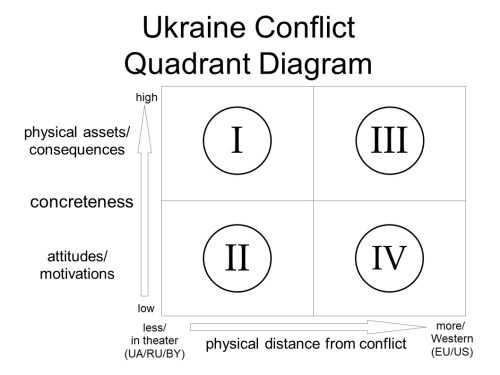I’ll have more of these, and there is some tangential discussion below, but these are the first few that come to mind. With the possible exception of the final one, they aren’t likely to be pursued by either the legacy media or red/blue partisans.
Markets and Trading
2024 Election Plus/Delta
Pluses: admittedly much the shorter list, but we did resolve a few things.
- Thanks mainly to vote shifts in California and New York, the popular vote outcome was not at variance with the Electoral College vote, and it wasn’t particularly close (over 4-1/2 million votes).
- Largely as a result, the losing side, and VP Harris herself, have indicated cooperation with formal certification and transition processes.
- Harris is gone. She’ll get a chunk of money for a book and retire to the lecture circuit.
- Walz, same, and given the likelihood that he would have been a 21st-century version of Henry Wallace, with Chinese instead of Soviet agents in his inner circle, that might be more important than getting rid of Harris.
- Taking a somewhat longer view, Trump is gone too (perhaps not a much longer view; see the final Delta item below).
- By extension, there is some chance that ’28 will not have the electorate choosing between a crook and an idiot for President.
- Whatever one may think of prediction markets, and there are arguments on both sides regarding their functionality, the biggest prediction market of all, the US stock market, was forecasting a Trump victory all year (not coincidentally, the same thing happened in 2016).
- By the way, the media will actually report negative economic news now.
- I could have put this in either category, but I’ll leave it here: your Cluebat of the Day is a reminder that Trump is as old as Biden was in ’20, and notwithstanding some of my more apprehensive items below, to expect anything much of him is a waste of time.
- Likely continuation of relatively good space-industry policy across Administrations, which should be the only thing that matters several decades from now.
Mwen Rekòmande Panik Imedyat
Having sensed that my public is calling: “In fair Springfield, where we lay our scene …”
A Grand Puzzlement
There are certain things that I just don’t “get”. No matter how hard I try and wrap my mind around the topic, it just stubbornly refuses to engage, sitting in a little sullen lump in the corner and obstinately saying “No.” Because of this, the higher mathematic fields have always been closed to me, either through natural disinclination or having been traumatized in getting blind-sided by the New Math in the third grade. Wisely, I stuck to the simpler, practical methods to do with numbers, and left esoteric maths to those who had a bent for them. I have other talents.
That being admitted and perhaps in relation to such an inability, I could never quite grasp the method and appeal of bitcoin.
Heuristics for Ukraine (and other places)
NB: some of the following is from a recent videoconference that included our own Trent Telenko, who is very much the man of the hour, but some of it is more publicly available, not to mention common sense. First, though, as is my wont, a quadrant diagram to organize my presentation …
